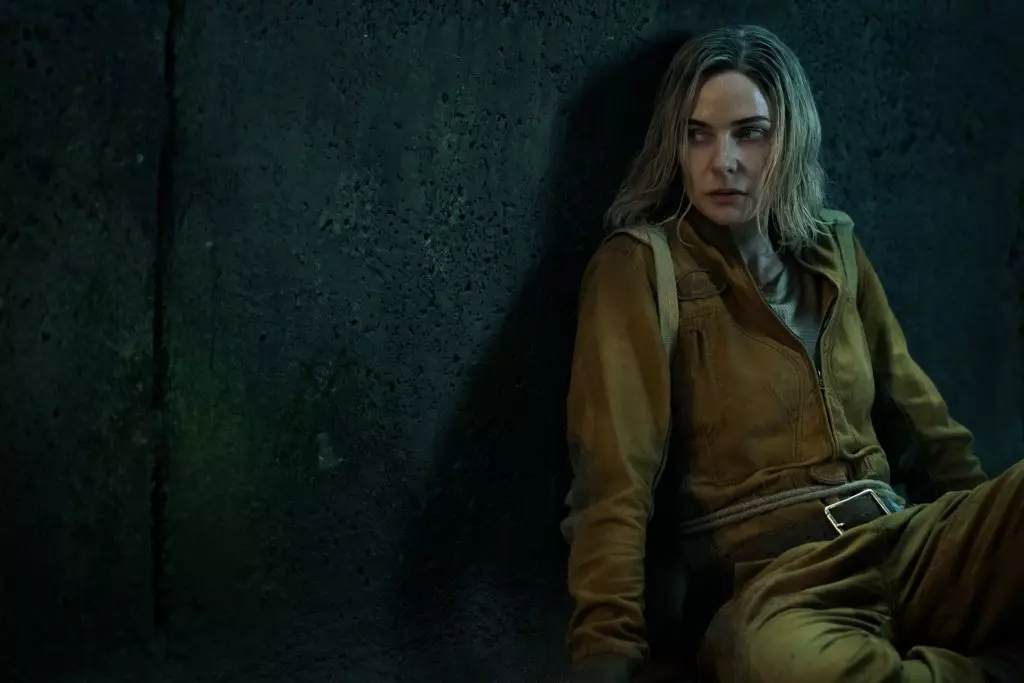Apple TV+ is poised to deliver a compelling conclusion to one of its most intriguing series, “Silo”. With the recent announcement that the show has been renewed for its third and fourth seasons, fans are eagerly anticipating how Executive Producer and Showrunner Graham Yost will wrap up the narrative based on Hugh Howey’s acclaimed dystopian trilogy. This decision reflects a broader trend within the television industry to allow for complete storytelling arcs, offering creators the room to explore complex narratives without the constraint of premature cancellation.
Set in a post-apocalyptic world, “Silo” immerses audiences in the lives of the last ten thousand survivors of Earth, who inhabit a massive underground facility. The show’s premise raises profound questions about humanity’s relationship with the environment and the secrets we keep from one another. Viewers are captivated by the mystery surrounding the origins of the silo and the dire consequences faced by those who dare to uncover the truth. As the show progresses into its latter seasons, fans can expect a deeper exploration of these multifaceted themes, further enhancing the philosophical undercurrents embedded in the narrative.
The talent assembled for “Silo” significantly contributes to its success. Rebecca Ferguson, who portrays the determined Juliette, has expressed her commitment to fully realizing the characters and the story drawn from Howey’s works. The inclusion of seasoned actors such as Tim Robbins and Common, along with new cast members like Steve Zahn, adds impressive depth to the series. Each actor brings their own artistry to the roles, creating a rich tapestry of personalities that navigate the harrowing realities within the silo’s confines. This dynamic character development serves as a cornerstone for the storytelling, engaging viewers on an emotional level as the plot unfolds.
Graham Yost’s vision for the final seasons of “Silo” promises to deliver a satisfying resolution that fans have long awaited. His statement reflects a commitment not only to the source material but also to the audience’s investment in the story. With a well-structured plan in place to explore the unanswered questions and resolve tense narratives within the show’s universe, expectations are high for the culmination of the series. As Yost reiterates the importance of clarity in narrative, viewers can anticipate a thoughtfully crafted ending that honors both the story and its characters.
“Silo” stands as a pivotal work within the realm of dystopian television. By blending personal dramas with larger societal themes, it pulls viewers into a world that is both eerily familiar and starkly different from our own. As the series nears its conclusion, it not only reinforces the emotional stakes at play but also continues to prompt discussions about resilience, society’s fabric, and the inherent quest for truth. The evolution of the show, alongside its capable cast and creative minds, highlights the significance of such narratives in modern media, making “Silo” a noteworthy entry in the television landscape.
As we await the unfolding of the final chapters, the anticipation surrounding “Silo” serves as a reminder of the power of storytelling—a tool to explore and question our realities, wrapped within a thrilling, dystopian package.

Leave a Reply